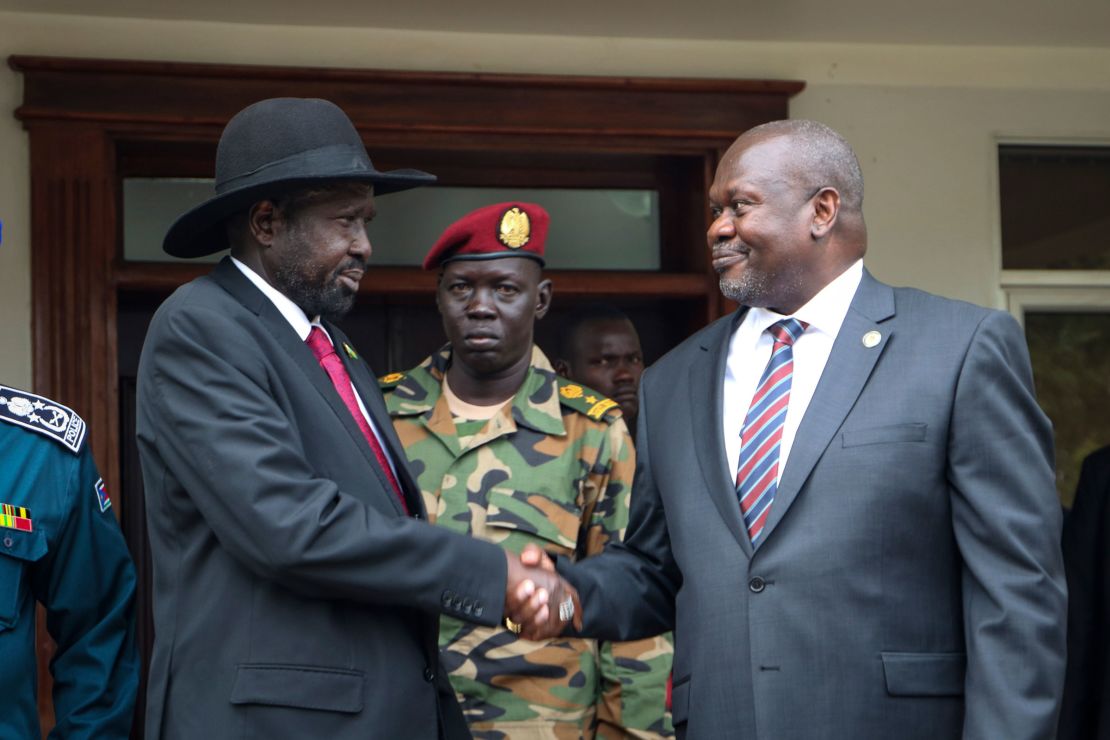Born in 1861, Wingate was n’t born into power or honor, but he snappily learned the value of perseverance. As a youthful officer, he arrived in Egypt in 1883, a place teetering between old conglomerates and new intentions. Egypt was rebuilding after war, its army under British command, and for men like Wingate, the beach of North Africa offered both pledge and pitfall. He’d latterly recall the anxiety of those early times, noway sure if the coming creation would come or if his career would stall. Yet, it was this query that forged his resoluteness. He stayed — through assignments, lapses, and the grim heat — for nearly forty times.
The trouble that defined Wingate’s early career was the Mahdist state in Sudan. The Mahdists, who had overthrown Egyptian rule, were n’t just a military problem they were a symbol of resistance, a living memory of lost conglomerate. In 1889, when Mahdist forces raided Egypt, Wingate was there at the Battle of Toski, fighting not just for home, but for the fragile sense of order the British hoped to put. But Wingate’s topmost gift was n’t his brand, but his mind. He came Director of Intelligence, learning Arabic, harkening to Sudanese voices, and making together the expedients and fears of a land in fermentation. He restated documents, advised generals, and, in quiet moments, must have wondered what future his work was erecting for the people he studied so nearly.
The crusade to regain Sudan was long and brutal. Wingate, now principal intelligence officer, watched as the British and Egyptian armies pushed south, erecting railroads and force lines, fighting at Atbara and Omdurman. Palm came, but not without cost. The Mahdist state fell, its leaders killed or captured. Wingate himself led the final battle against the last Khalifa, ending a chapter of Sudanese independence. Yet, indeed as the British flags rose over Khartoum, the scars of war remained. The country was shattered — its townlets voided by shortage, its people traumatized by times of conflict.
When Wingate became Governor-General, he inherited not just a title, but a wounded nation. He faced a daunting task: restore order, rebuild infrastructure, and somehow win the trust of a people who had seen their world upended. He mixed force with diplomacy, sending soldiers to quell revolts but also sitting with local leaders, listening to their grievances. He brought in British officers, but slowly began training Sudanese to fill the ranks of government. 1 .The legal system was a patchwork—British law here, Islamic law there, local customs everywhere.
Wingate believed in progress. He pushed for cotton farming, railways, and telegraph lines—symbols of modernity he hoped would knit Sudan together. But progress came unevenly. Education was slow to reach the masses, mostly filtered through missionary schools. He moved cautiously, wary of provoking resistance from conservative communities. He respected Sudan’s Islamic traditions, working with religious leaders, but always kept a watchful eye for unrest. The memory of the Mahdist revolution haunted him, and he ruled with a firm hand to prevent its return. But Sudan was n’t one people, one faith, or one story. The north was substantially Muslim and Arab; the south, largely animist and Christian. Wingate’s programs, maybe unintentionally, strengthened these divides. The south was administered independently, with little investment and stimulant for Christian operations — a decision that would echo through generations.
As the world plunged into World War I, Wingate found himself not just a colonial governor but a regional diplomat. He managed border disputes, kept Ottoman influence at bay, and supported uprisings that suited British interests. In these years, he was both protector and puppet-master, his decisions shaping the fate of millions.
Today, Wingate’s legacy is a tapestry of achievement and contradiction. He brought railways, telegraphs, and a semblance of order to a country in chaos. 3 .He laid the groundwork for Sudan’s civil service and economy. But he also ruled with an iron hand, suppressing dissent and entrenching divisions that would haunt Sudan long after independence. Historians debate his intentions and his impact. Was he a builder or a breaker, a pragmatist or a paternalist? The truth, as always, lies somewhere in between. Wingate was a man of his time—shaped by empire, but also by the people and places he tried to govern.
Reginald Wingate’s story is not just the story of a colonial administrator, but of a man wrestling with the limits of power and the burdens of history. His era shaped Sudan, for better and for worse. And as Sudan continues to search for unity and justice, the echoes of Wingate’s choices—his hopes, his fears, his failures—still linger in the land he once tried to command.



